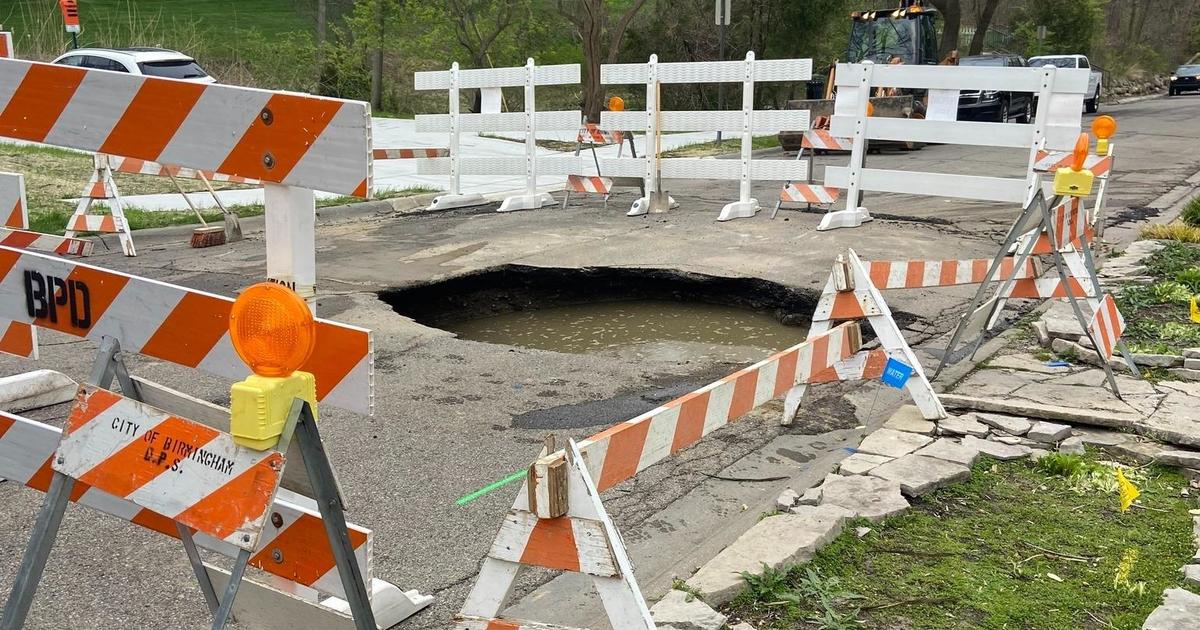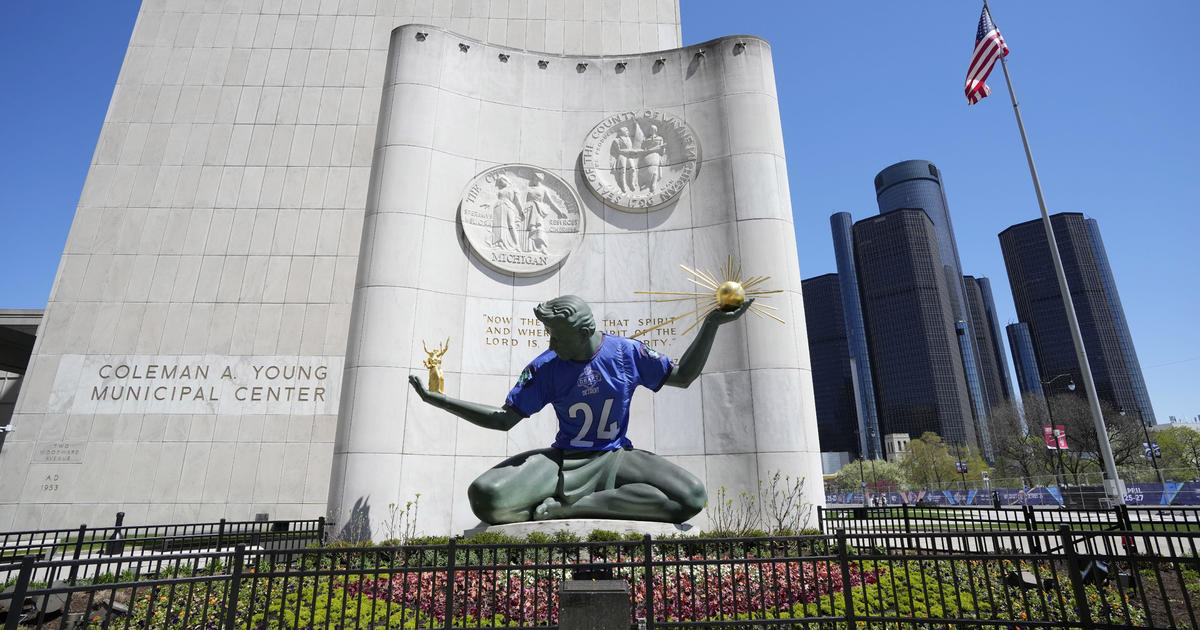Ford, Microsoft, Vendors Collaborate For In-Car Health Research
LAS VEGAS -- Ford, Microsoft, Healthrageous and BlueMetal Architects announced an alliance Wednesday to research technology to help people monitor and maintain health and wellness while on the move.
The alliance was unveiled during the "Doctor in Your Car" keynote address at the Digital Health Summit at the International CES.
"People are spending more time in their cars, and with the tremendous growth in mobile healthcare solutions, Ford is dedicated to understanding the value of being able to connect to health and wellness-related services while driving," said Gary Strumolo, manager of Infotainment, Interiors, Health and Wellness at Ford Research and Innovation. "Our connectivity platform – Ford SYNC – provides easy, voice-controlled access to mobile devices such as smartphones and tablets, and therefore it makes sense to research areas that are important to our customers."
Customer research and societal trends suggest there's a strong business case for Ford to explore opportunities in health and wellness technology, Strumolo said.
Health info online and on the go
While chronic illnesses are on the rise, the number of healthcare providers has remained relatively flat, which effectively limits patient access. For this reason and others, people of all ages and from all income groups are taking a more hands-on approach to their own health and wellness.
More people now visit online health sites than go to the doctor's office, making health and wellness the most popular activity on the Web after email and general searches.
The reasons why are not hard to understand. According to a study conducted by Pew Research, 93 percent said they seek out online health information because it's convenient -- – they want to get information on their own timetable, not the doctor's; 83 percent said it's because they can get more information from the Web than they can get from their own doctor; 80 percent said getting this information privately is important to them.
Moreover, beginning last year, medical and healthcare was the third-fastest-growing category of smartphone apps, with more than 17,000 available for download.
And by 2015, some 500 million people are expected to be using mobile healthcare apps.
"Taken together, these trends point to a natural role for the automobile in the emerging digital health and wellness field," Strumolo explains.
The car that cares
Strumolo said Ford seeks to develop "the car that cares." As people spend more time in their cars, the ability to manage health and wellness on the go becomes more important. There are several reasons why the automobile is an ideal platform for research and development in this area: it's convenient and private, it facilitates personalized access to the information, products and services people need, and it's a logical place for them to manage their health while they are more often stuck in traffic.
The goal is to figure out how to extend health management into the personal vehicle in a nonintrusive fashion. The prototype system was designed by BlueMetal Architects.
Using information collected from blood pressure monitors, activity monitors and glucose meters along with behavioral data shared by the user, Healthrageous is able to help people lead healthier lifestyles by shedding unhealthy habits.
Microsoft's contribution is to translate robotic sensory information provided by the vehicle into an application that also provides a voice and touch-screen interface, while integrating biometrical data that come from a wearable device.
Ford Sync allows this all to be done hands-free.
"This alliance signifies an important step in bringing health innovation into people's everyday lives," said Todd Bremner, chief technical officer for BlueMetal Architects. "Ford's SYNC platform allows us to imagine, design and build natural user experiences leveraging voice and touch, which seamlessly bring wellness into your everyday commute."
How it works
The system would capture biometric and vehicle data as the basis for real-time health and wellness advice and monitoring.
The driver can provide voice inputs, detailing important aspects of his or her health routine – such as the number of glasses of water consumed during the day, or what pills have been taken.
The data received from the driver are then uploaded into the HealthVault cloud, at which point they are transferred to Windows Azure. The information is processed with other health data, which are used to create graphical reports the driver can access after having left the vehicle.
"It's all about making health more accessible, and engaging and thereby helping more people lead healthier and more enriching lives," said Mary Beth Chalk, Boston-based Healthrageous' cofounder and chief marketing officer.
More at www.healthrageous.com. BlueMetal Architects is based in Watertown, Mass. More at www.bluemetal.com.



